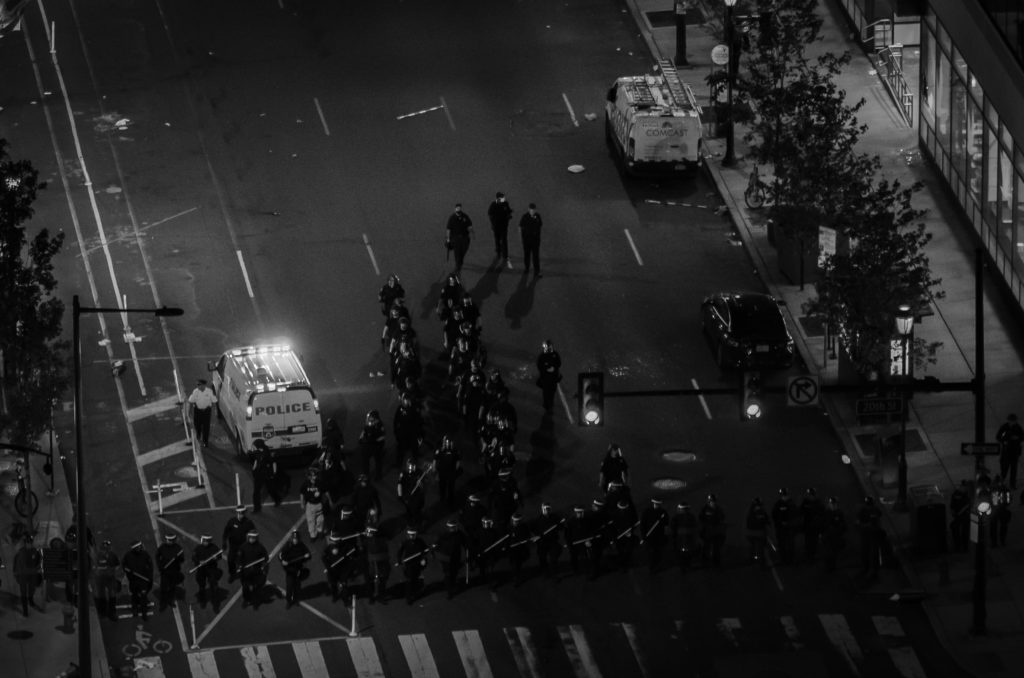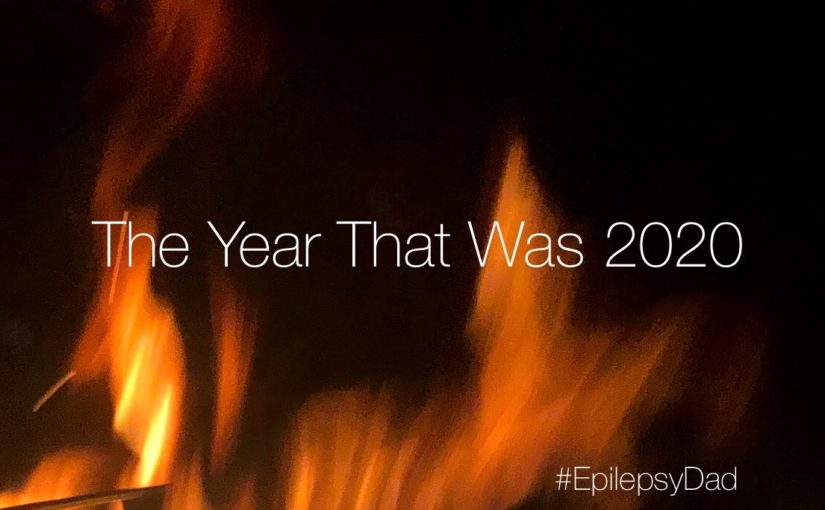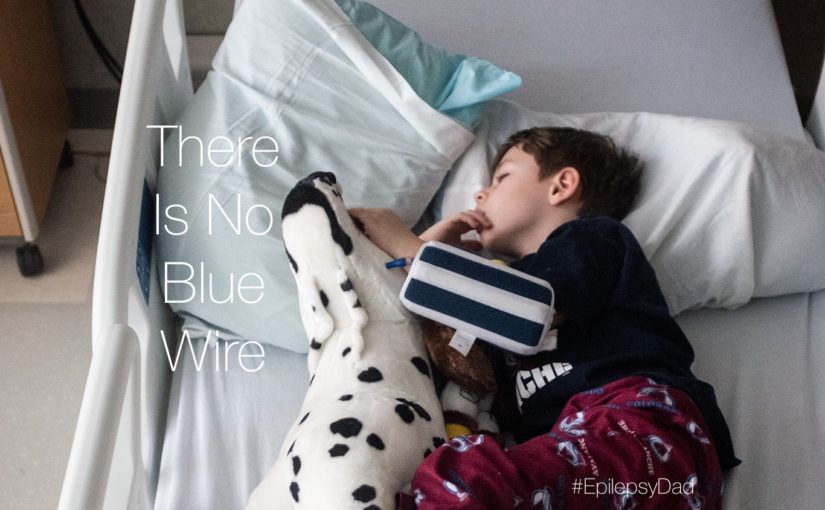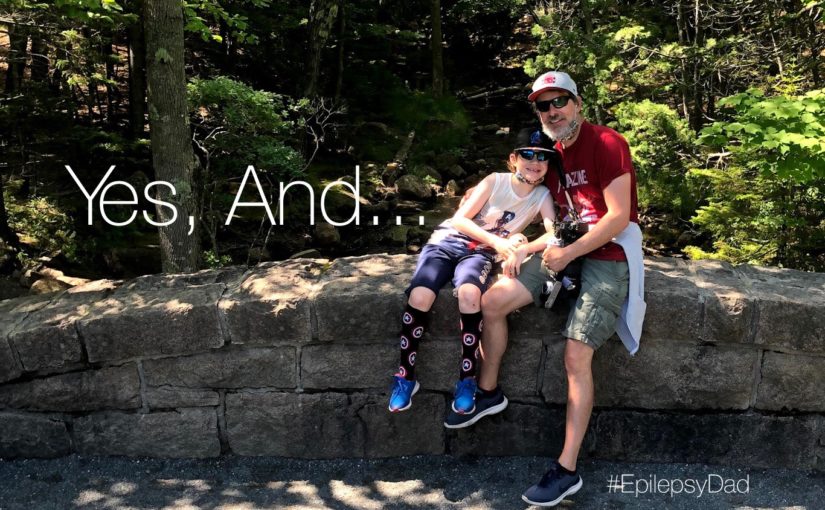Let me start with the understatement of this brand new year:
2020 didn’t go according to plan.
The pandemic changed our lives…our world. So many people have lost their lives. I have friends who lost loved ones to the virus. I know people who have lost their jobs. We were forced into isolation and lived without physical connections. We lived in fear of the virus and of each other.
The deaths of too many of our Black brothers and sisters shone a light on the pervasive racism that continues to exist in our country. We watched our city express its frustration and desperation for change on the streets, as did many others across the nation and around the world.

The election continues to demonstrate the divided nature of our country. The same tools that we used to connect with each other when we couldn’t be together also spread dangerous conspiracies that endangered lives and pulled us apart.
The pandemic didn’t create these things. We were already disconnecting from each other every time we checked our phones while spending time with others or in the middle of a conversation. Racisms and its damaging effects have existed forever. And our divisiveness goes back to the start of our country.
2020 wasn’t a dumpster fire because it created new problems. Instead, it is because it stoked many separate, smoldering problems. The embers from those fires were carried far and wide, where they were able to gather enough fuel to grow and the individual fires started to connect into a massive blaze.
The fire has done so much damage. This is usually the part of a post where I would write how fires in a forest clear the way for change. I would mention how the nutrients from the dead trees are returned to the soil and how those nutrients and exposure to sunlight encourage new growth. But I’m having a hard time believing it myself.
Because of the effects of my son’s epilepsy, I’ve spent a lot of time over the last few years standing among the ashes. When you’re standing among the ashes, it’s hard to see anything other than the damage that the fire has caused. It’s hard to believe that things are going to be any different when it takes so long for those seeds to sprout and become a new forest.
The turning of a calendar isn’t going to make racism go away. It’s not, nor is a new president, going to bring our country together. It’s not going to return our lives to what they were before, even if we wanted to pretend that these problems didn’t exist before the pandemic.
Change doesn’t come just from the flipping of a calendar or the passing of time. Change comes from wanting things to be different. Change comes from believing that things can be different. Change comes from action.
We have to clear away the ash and encourage those seeds to grow.


